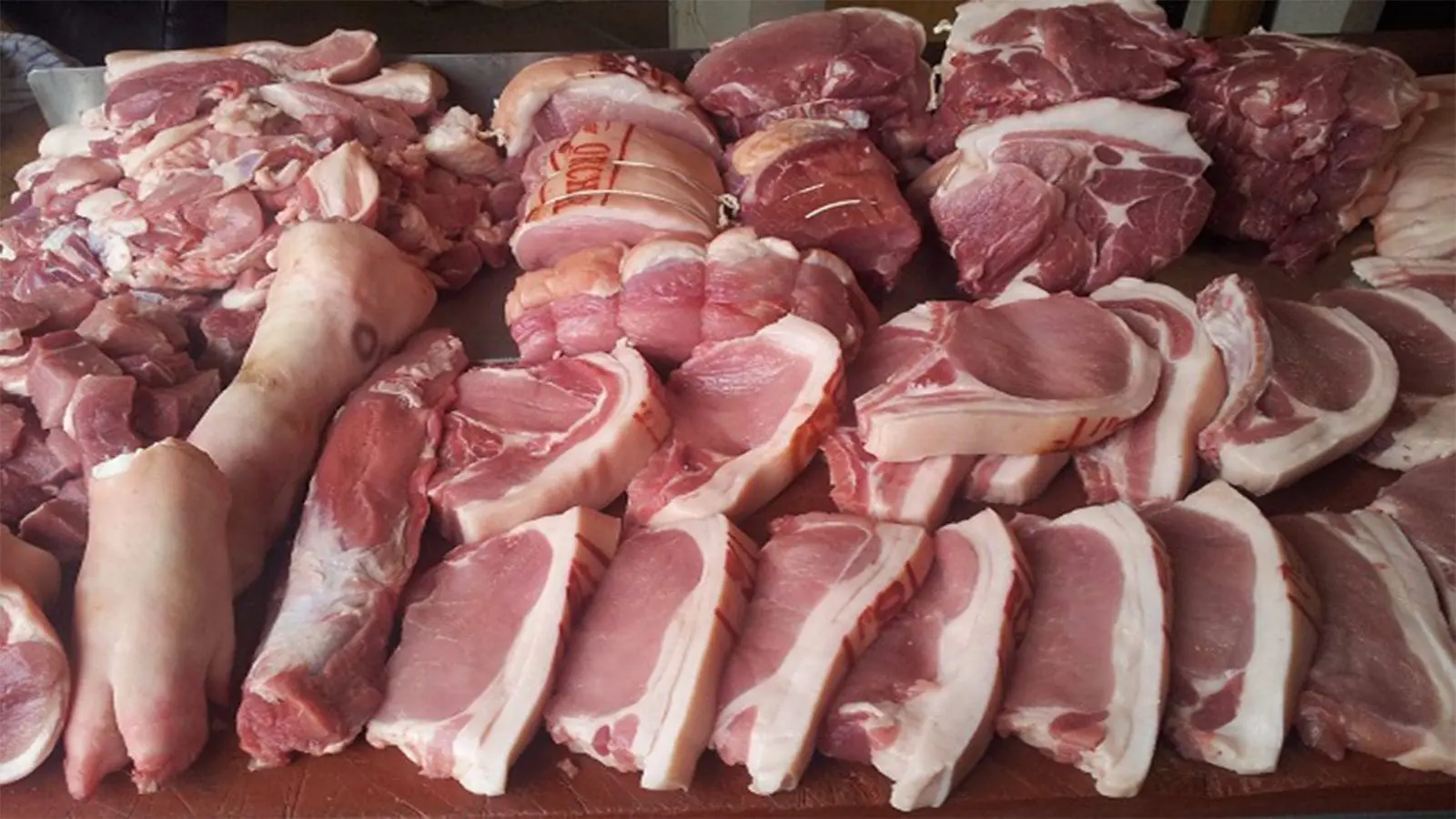The Rwanda Agriculture and Animal Resources Board (RAB) is intensifying efforts to increase pig farming productivity to meet the rising demand for pork.
Claire Hirwa d’Andre, a Senior Monogastric Researcher at RAB, announced that the country aims to raise pig production from 22,839 tonnes in 2023 to 31,144 tonnes by 2029, representing a 36 percent increase.
Hirwa noted a significant rise in the number of farmers adopting improved pig breeds, particularly following the nationwide implementation of artificial insemination. Currently, 65 percent of pig farmers are utilizing this technology. The initiative to enhance pork production began in 2021, and by 2022, only traditional pig breeds were being used in Rwanda.
“There is a more drastic change in the pig farming industry. We’re seeing better pigs than in 2022 due to genetic improvements and increased government efforts to modernize the sector,” Hirwa said.
The government invests approximately Rwf150 million each fiscal year to modernize pig farming, focusing on boar management, purchasing consumables for semen production, training technicians, and procuring artificial insemination equipment and feed, which constitutes 75 percent of all interventions.
RAB data indicates that pig imports rose from 7,706 in 2021 to 10,941 in 2022, before decreasing to 8,729 in 2023. The agency aims to modernize 85 percent of Rwanda’s pig farming sector by 2029, up from 20 percent in 2021.
The country’s pig population declined from 1.4 million in 2018 to 1.2 million in 2024, largely due to a shift from traditional to modern farming practices.
Alex Mbaraga, vice chairperson of the Rwanda Pig Farmers Association, highlighted the emergence of modern butcheries and slaughterhouses as evidence of a growing market for pork in Rwanda, creating profitable opportunities for farmers to expand their operations and improve productivity along the value chain.
“There is a booming market and high demand for pork, so it’s up to farmers to scale up their production,” Mbaraga said.

